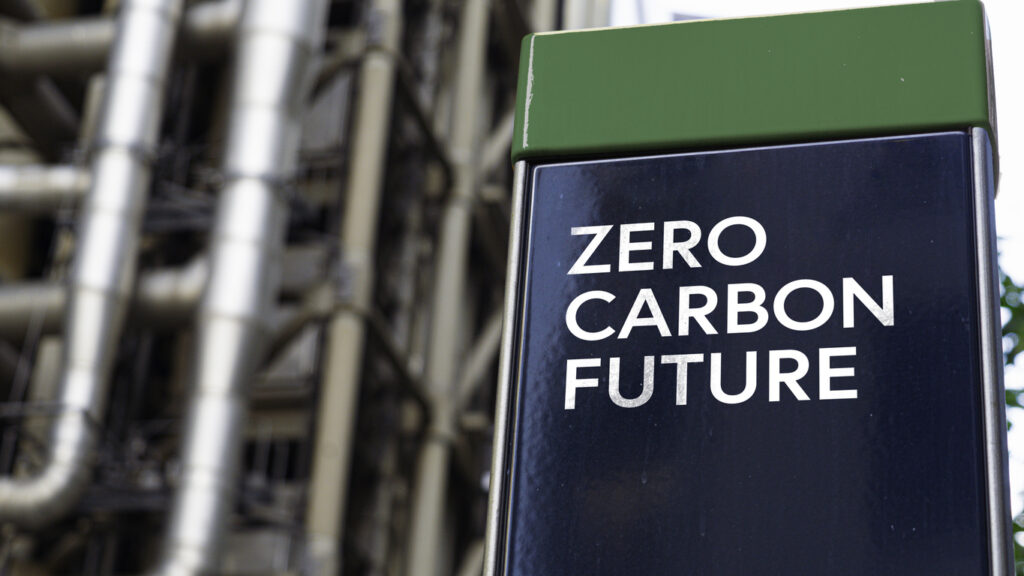Breakdown in climate consensus can be tackled with strategic political thinking, say experts

Policy experts brought together by The University of Manchester have devised two strategies to help newly elected politicians in Westminster tackle the climate change challenge against a backdrop of domestic opposition to net zero.
In an article published by Policy@Manchester, Professor Matthew Paterson and Dr Paul Tobin warn that, since the adoption of the net zero target “and especially since 2021, a backlash has been organised against net zero and climate policy more broadly.” But they add: “Opposition to climate action remains a niche position in British politics – opinion polls continue to rank climate change in the top most important issues, and citizens think the government should be doing more to reduce the UK’s emissions.”
For the UK to achieve its legally binding climate targets, Tobin and Paterson argue that the new government “needs to make effective policies that reduce emissions rapidly.” But they pose the question: “how to do this in the new political context?”
Their answer comes in the form of dual strategies developed during a workshop hosted by The University of Manchester’s Sustainable Consumption Institute (SCI).
“Strategy One” centres on “mitigating the dilemmas that political parties face in calculating how climate action may lose them votes to other parties, as well as dealing with the backlash against net zero.”
The academics believe that these objectives can be achieved in three principal ways.
First, they argue that the political parties should focus their efforts on those aspects of climate policy where “backlash is difficult to generate.” These include upgrades to the electricity grid, the rollout of electric vehicle charging stations and supporting retrofitting “such as via beneficial mortgage rates for those that improve their homes’ energy efficiency.”
Second, Paterson and Tobin advocate the pursuit of a “green industrial revolution, which generates investment and jobs through technological innovation.” They explain: “Such policies have begun already but need to be revived, such as hydrogen heat networks, and British Volt.”
And third, they recommend the advancement of policies “that create irreversible effects, such as zero-carbon infrastructure investments in electricity, housing, or transport that would be too costly to dismantle.”
“Strategy Two” is designed to “attack the backlash directly” through “the promotion of net zero strategies that explicitly address social justice and inequality.”
Paterson and Tobin write: “Here, policies should create benefits of climate policy for low-income households, for example, via housing retrofit, public transport and ‘green jobs’ investments.”
They add: “Policymakers should embrace the language of ‘energy security’ clearly to promote energy efficiency and renewable energy. A more long-term stance that identifies winning messages and policies, such as around ‘energy freedom’ or community energy ownership, could build public support for future climate policy.”
Policy Responses for the Breakdown in Climate Consensus by Dr Paul Tobin and Professor Matthew Paterson is available to read on the Policy@Manchester website, while a more detailed eight-page report can be accessed from the SCI website.


